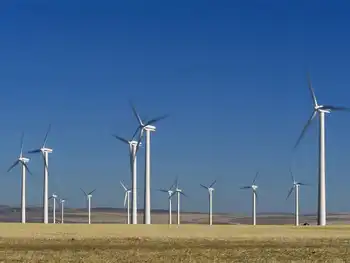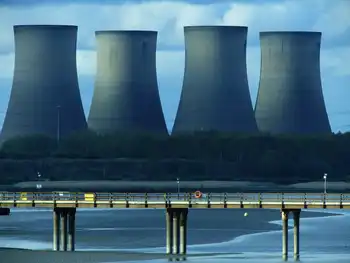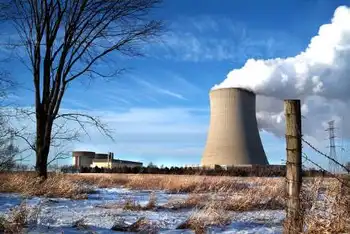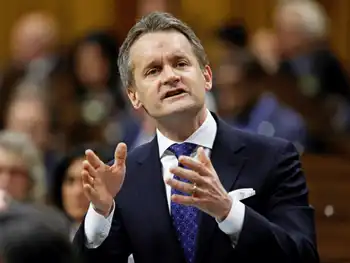BC Hydro and Fort St. John Reach Agreement on Site C Community Measures Agreement
VANCOUVER - - BC Hydro and the City of Fort St. John have reached an agreement in principle on community measures related to the construction of the Site C Clean Energy Project, which involves a third dam and hydroelectric generating station on the Peace River in northeast B.C. Site C will be a source of clean, renewable and cost-effective electricity in B.C. for more than 100 years.
Negotiations have been ongoing for several years. Under the agreement, BC Hydro commits to specific mitigation measures important to the City of Fort St. John,
including the following: BC Hydro will
• provide $1 million per year to the city during construction, increased by 3.5 each year.
• contribute $100,000 per year for eight years to a community fund to assist non-profit agencies in the Peace Region.
• contribute $250,000 to local non-profits that provide emergency and transitional housing services, including the recent $200,000 donation to the Salvation Army's Northern Centre of Hope.
• contribute $75,000 this year to support local charities identified by the City.
• fund one additional police officer to be based out of the Fort St. John RCMP detachment, and will also conduct regular traffic monitoring on local roads near the project.
BC Hydro and the city will work together through a Site C Community Agreement Monitoring Committee, consisting of senior representatives from both BC Hydro and the city. The committee will track implementation of the agreement, and provide a forum to identify and resolve issues arising during project construction. BC Hydro and the City have also agreed to a dispute resolution process to support resolution of issues, if required. BC Hydro will provide administrative support for the committee.
BC Hydro and the city will also coordinate regular monitoring of the City drinking water source quality and quantity at BC Hydro's expense.
Related News
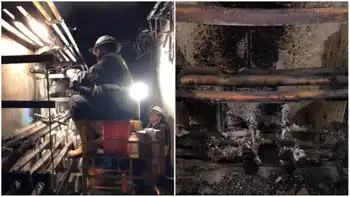
Investigation underway to determine cause of Atlanta Airport blackout
ATLANTA - Power has been restored at the world’s busiest airport after a massive outage Sunday afternoon left planes and passengers stranded for hours, forced airlines to cancel more than 1,100 flights and created a logistical nightmare during the already-busy holiday travel season.
An underground fire caused a complete power outage Sunday afternoon at Hartsfield-Jackson Atlanta International Airport, resulting in thousands of canceled flights at the world's busiest terminal and affecting travelers worldwide.
The massive outage didn’t just leave passengers stranded overnight Sunday, it also affected travelers with flight Monday morning.
According to Paul Bowers, the president and CEO of Georgia Power, “From…

